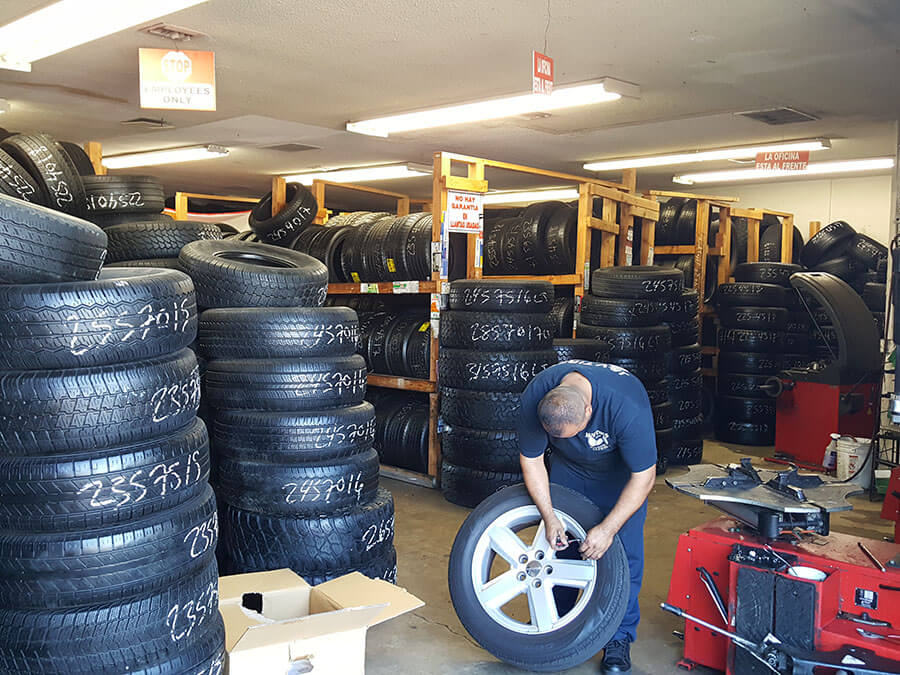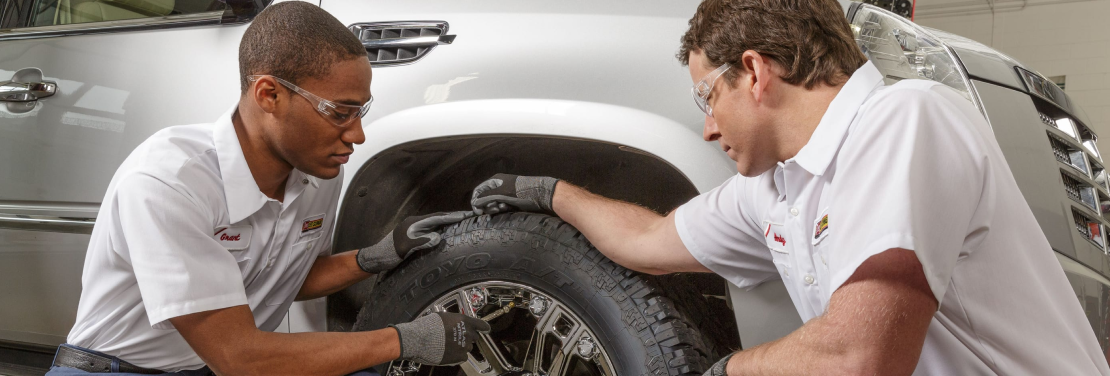Morris Tire and Alignment: Your Relied On Source for Reliable Service
Morris Tire and Alignment: Your Relied On Source for Reliable Service
Blog Article
Tire Service: Recognizing Tire Pressure Tracking Equipments
Recognizing Tire Stress Monitoring Solutions (TPMS) is a vital aspect of maintaining optimal car efficiency and safety on the road. With advancements in auto innovation, TPMS has come to be a common function in contemporary vehicles, offering real-time info on tire stress levels.

Importance of TPMS
The importance of Tire Pressure Surveillance Equipments (TPMS) hinges on their capability to enhance automobile safety and security and performance through real-time surveillance of tire stress degrees. Preserving the right tire stress is crucial for making sure optimum handling, stopping, and general safety and security of a vehicle. TPMS supplies drivers with instant feedback on any underinflated or overinflated tires, permitting for timely modifications to be made.
Parts of TPMS
Sensing units are generally situated in the tire shutoff stem or connected to the wheel assembly, where they gauge tire stress and transfer information to the control component. Some progressed TPMS versions also present the actual tire pressure analyses for each tire, providing drivers with real-time info to make certain optimum tire performance and security. By checking tire stress continuously, TPMS helps protect against accidents, minimizes tire wear, and improves gas performance, making it a vital component for car safety and security and performance. discount tires morris il.
Kinds Of TPMS

On the other hand, indirect TPMS counts on the lorry's wheel speed sensing units to keep an eye on tire stress. This system discovers underinflation by comparing the rotational speeds of the wheels. Indirect TPMS is less expensive than straight TPMS, as it uses existing sensing units within the automobile.
While direct TPMS offers much more exact analyses, indirect TPMS is simpler in layout and commonly needs less upkeep. Both systems have their advantages and constraints, and the option in between them usually relies on variables such as cost, vehicle make, and personal choice. Understanding the distinctions in between these 2 kinds of TPMS can assist automobile owners make informed choices pertaining to tire upkeep and safety.
TPMS Upkeep Tips
Efficient upkeep of TPMS is necessary for ensuring ideal performance and safety of your automobile. On a regular basis inspecting the TPMS sensing units for any damage or deterioration is important. Ensure that the sensors are cost-free and clean from particles that might hinder their functioning. Additionally, it is recommended to inspect the sensing unit batteries regularly and replace them as required to ensure exact analyses. Conduct regular checks on the tire pressure levels and compare them with the TPMS analyses to guarantee they are regular. If there are any type of inconsistencies, rectify the system complying with the supplier's guidelines. In addition, throughout tire rotation or replacement, ensure that the TPMS parts are taken care of meticulously to avoid any Resources possible damage. Lastly, if the TPMS alerting light brightens on the go right here control panel, attend to the problem immediately by checking the tire pressures and the total system for any kind of faults. By sticking to these upkeep suggestions, you can extend the lifespan of your TPMS and improve the safety and security of your driving experience.
Advantages of Appropriate Tire Stress
Maintaining appropriate tire stress, as emphasized in TPMS Maintenance Tips, is vital for enjoying the many benefits linked with optimum tire stress levels. Additionally, appropriate tire stress guarantees even tire wear, prolonging the life-span of the tires and promoting much safer driving conditions. In final thought, the benefits of correct tire stress go past just tire long life; they incorporate boosted fuel efficiency, enhanced safety, much better lorry performance, and total driving convenience.
Verdict
To conclude, understanding tire pressure monitoring systems (TPMS) is critical for maintaining ideal tire stress and making sure vehicle safety. By acknowledging the relevance of TPMS, knowing with its elements, understanding the different kinds offered, adhering to proper maintenance tips, and understanding the advantages of keeping correct tire pressure, drivers can boost their driving experience and lengthen the life expectancy of their tires. Correct tire pressure is crucial to secure and efficient car procedure.

Report this page